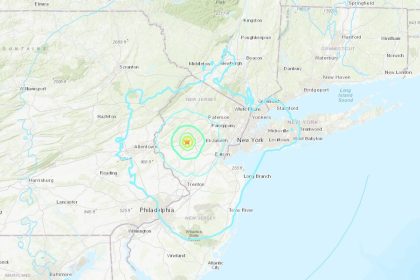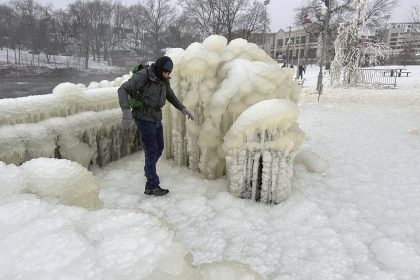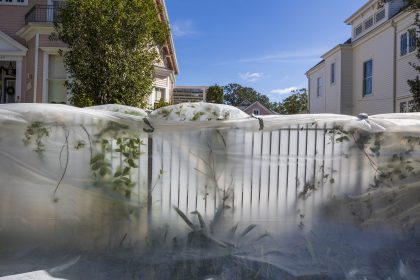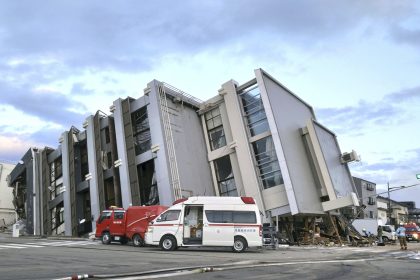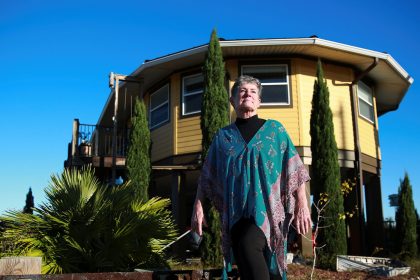COVID-19 Complicates Hurricane Season’s Natural Disaster Response
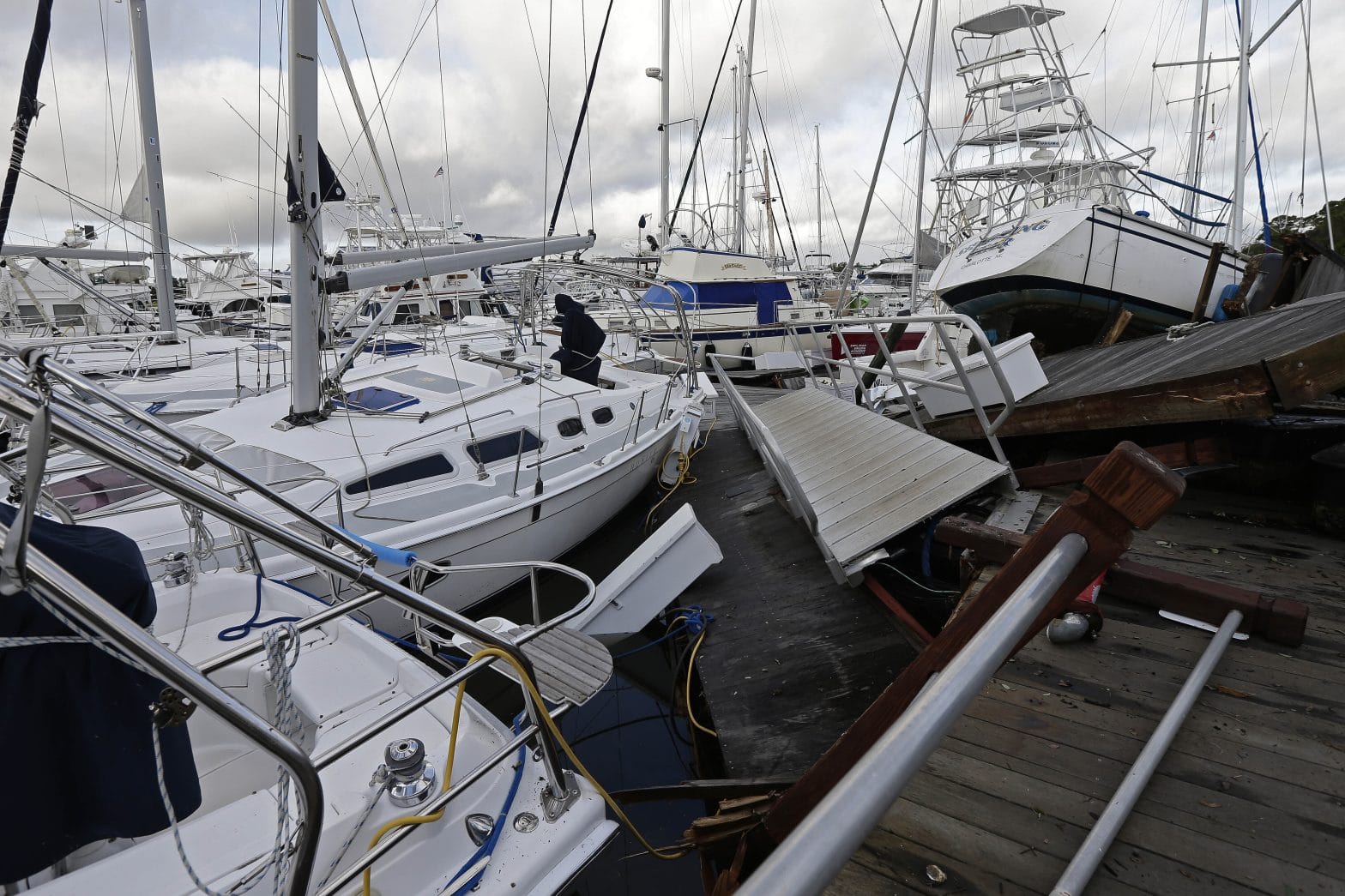
WASHINGTON – In the aftermath of a bizarre earthquake and the above average number of named storms this season, officials are examining how natural disaster response should continue while overlapping with the nation’s ongoing efforts to combat the coronavirus.
State and federal officials have seen federal disaster programs being tested as never before while in the midst of a pandemic. The health crisis is impacting the 2020 hurricane season in particular, as COVID-19 is complicating the steps being taken to prepare for and respond to upcoming natural disasters.
“We feel ready for hurricane season, but COVID-19 makes everything more complicated and slower,” shared Jared Moskowitz, director of the Florida Division of Emergency Management, speaking at an online discussion of natural disaster response organized by the non-profit Bipartisan Policy Center. Noting that economic hardships have also taken a toll on individual resources, he added, “We’re going to be taking care of a lot more people than we otherwise would be in a regular hurricane season.”
Some natural disasters, like hurricanes, often result in the evacuation and displacement of large numbers of people. But safely evacuating and socially distancing those affected during a hurricane will be a complex process.
“More than 160,000 Americans have lost their lives at the same time as we’re seeing climate change increase the frequency and intensity of extreme weather events,” shared Rep. Stacey Plaskett, D-Virgin Islands. “Residents in states and territories known to be hardest hit by hurricanes are also, interestingly, facing some of the highest rates of COVID-19 cases.”
Plaskett, who has helped to steer her island’s recovery from both Hurricane Maria and Irma since 2017, is worried about the management of mass evacuation and sheltering, especially as asymptomatic carriers increase the potential of COVID-19 spread in areas already struggling with health concerns.
“We need answers about what steps are being taken to protect the lives of citizens and response personnel,” said Plaskett. “We need to better understand how plans can be adapted to account for simultaneous disasters… and we need to prepare to be able to address the worst-case scenario.”
FEMA is the lead federal agency for coordinating the nation’s preparation, prevention, mitigation response, and recovery from disasters, including the on-going coronavirus pandemic. But with shrinking budgets, yearly increasing demands on Emergency Management Performance Grants and drawbacks in the Disaster Recovery Reform Act of 2018, FEMA already has much on its plate.
“We’ve got to take COVID-19 as a catalyst for making real improvements [to FEMA],” said Brock Long, former FEMA administrator under the Obama Administration. His suggestions include streamlining disaster response, sharing responsibility for coordinating support following a disaster, incorporating resilience into federal infrastructure programs, and reducing the need for mass evacuations.
“We cannot continue to do evacuations the way we’ve done them for the last decade,” said Long.
Process change is important not only because of fears concerning contagion but also because, according to Plaskett, “there are significant concerns about the level of detailed guidance on managing evacuations… as well as who pays.”
Typically, emergency shelters are authorized under the Stafford Act. FEMA reimburses state, local, and tribal governments and non-profits for a percentage of their costs incurred while performing eligible work. But with local and state governments facing severe budget shortfalls, the strained FEMA system will be relied upon more than ever to provide emergency support for all of the upcoming season’s challenges.
“FEMA is the largest insurance agency forced to run a broken program,” lamented Long.
COVID-19’s psychological impact — as well as its devastating financial impact on so many American households — may lead to further impediments to disaster response this year. It is anticipated that there will be greater demand for shelter, so FEMA is revising its guidance to separate people properly and provide for appropriate shelter capacity. FEMA’s guidance documents do not, however, include testing sheltered populations.
Behavioral analysis in response to the pandemic will also need to be conducted to help inform the disaster response. In Moskowitz’s limited experience already this year, he said that mixed messaging may complicate the evacuation process. The public may be confused about whether they need to evacuate or stay at home for pandemic safety.
“We won’t know how people are going to react and whether they are going to stay or leave until the event happens,” said the emergency management professional.
FEMA typically supports congregant sheltering in facilities with large open spaces, but the agency acknowledged the need for appropriate social distancing, authorizing a new interim policy for non-congregant sheltering from June 1 – December 31, 2020. FEMA now recommends sheltering with friends, family, and other temporary housing solutions, like short-term hotel accommodations. FEMA’s Operation Blue Roof, in coordination with the U.S. Army Corps of Engineers, is a new attempt to allow those affected to remain in their homes while permanent repairs are being completed.
But these adjusted shelter and recovery programs are just the tip of the iceberg for the nation’s overworked disaster relief infrastructure.
“FEMA’s goal continues to get redirected after every major event,” said Long. “[It] has an impossible standard to live up to… When we continue to add to FEMA’s plate, [we have to ask ourselves], what does the nation want FEMA to be good at?”
“I’m not a believer that as a result of COVID-19, bigger FEMA is the answer,” said Long. Instead, he suggested that the nation’s best response may be “going back and rethinking how we ask people to prepare.”


















